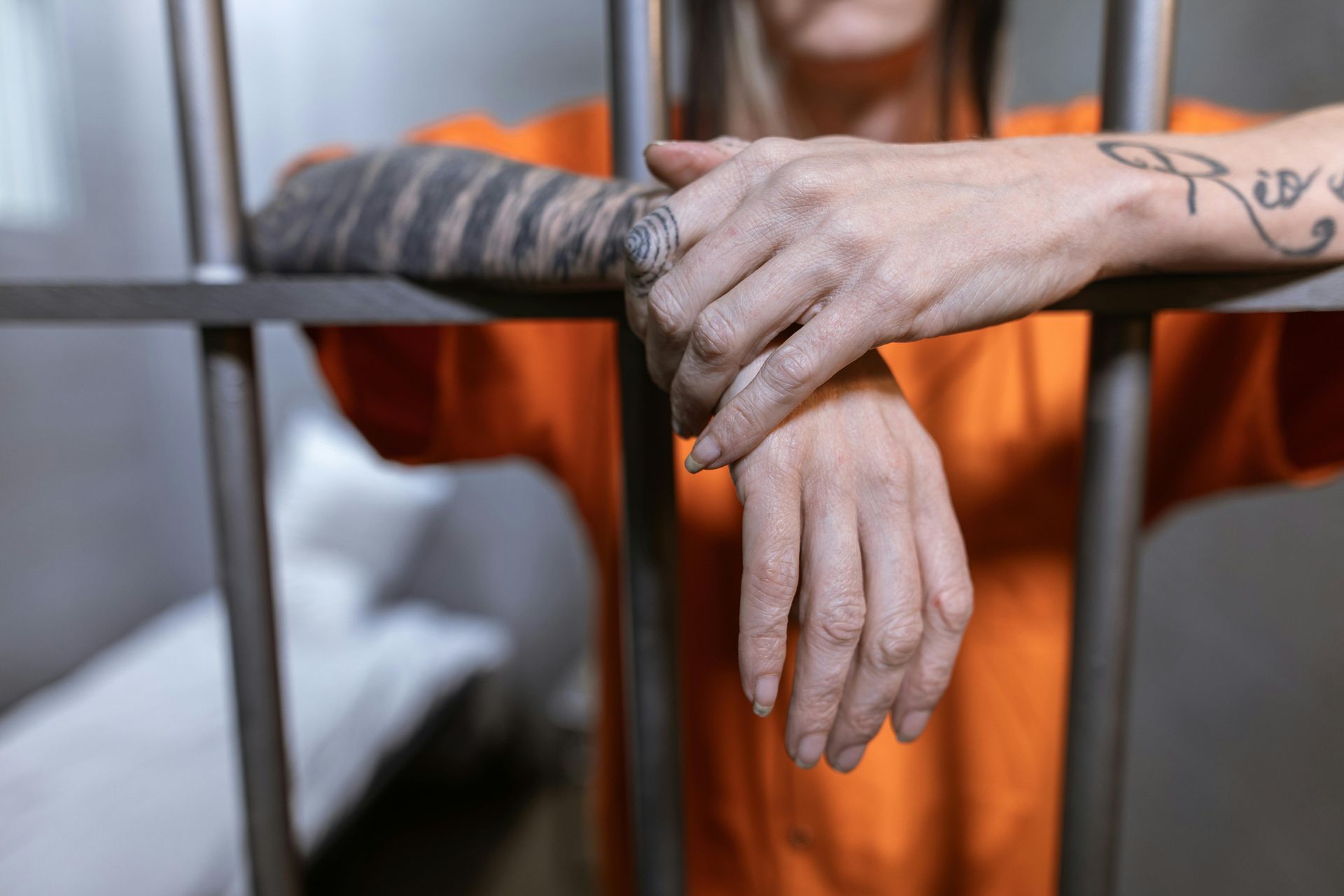Understanding the Statute of Limitations for Wrongful Death Claims in West Virginia
Understanding the Statute of Limitations for Wrongful Death Claims in West Virginia
When a loved one passes away due to someone else’s negligence or misconduct, pursuing justice through a wrongful death claim can provide some measure of accountability and compensation. In West Virginia, as in every state, there are strict rules governing how and when such claims must be filed. Chief among these is the statute of limitations—the legal deadline for initiating a wrongful death lawsuit.
What Is a Statute of Limitations?
The statute of limitations sets the maximum period after an event within which legal proceedings may be initiated. If a claim is not filed within this period, the court is typically required to dismiss the case, regardless of its merit.
West Virginia’s Statute of Limitations for Wrongful Death
Under West Virginia Code § 55-7-6(d), the statute of limitations for filing a wrongful death claim is two years from the date of the deceased person’s death. This means the personal representative of the deceased’s estate must file the claim within that two-year window.
Failing to file within this time frame can permanently bar the estate from pursuing compensation for damages such as:
- Funeral and burial expenses
- Medical bills related to the final injury or illness
- Lost income and benefits
- Pain and suffering experienced by the deceased
- Loss of companionship and support for surviving family members
Are There Exceptions?
There are limited circumstances in which this two-year deadline may be extended, such as:
- Fraud or concealment: If the defendant actively concealed their role in the death, the court may allow additional time.
- Discovery rule considerations: In rare cases, if the cause of death was not immediately known or discoverable, the time limit may start when the cause is identified.
However, these exceptions are not guaranteed and require legal interpretation, so it’s crucial to act quickly.
Who Can File a Wrongful Death Claim in West Virginia?
Only the personal representative of the deceased’s estate may bring a wrongful death lawsuit. This is typically a person appointed in the deceased’s will or by the court. The compensation recovered is distributed to the deceased’s surviving spouse, children, parents, or other dependent relatives, based on the court’s determination of what is fair and just.
Why Time Matters
Even if you are grieving, it is important not to delay seeking legal guidance. The sooner a wrongful death attorney is involved, the more effectively they can gather evidence, preserve witness testimony, and build a strong case.
At John J. Balenovich Law Offices, LC, we understand how difficult it can be to take legal steps after losing a loved one. Serving the Charleston, West Virginia community, we are here to help families navigate the complex process of wrongful death claims with compassion and legal clarity. If you believe you may have a case, don’t wait. Contact us today to discuss your options.










